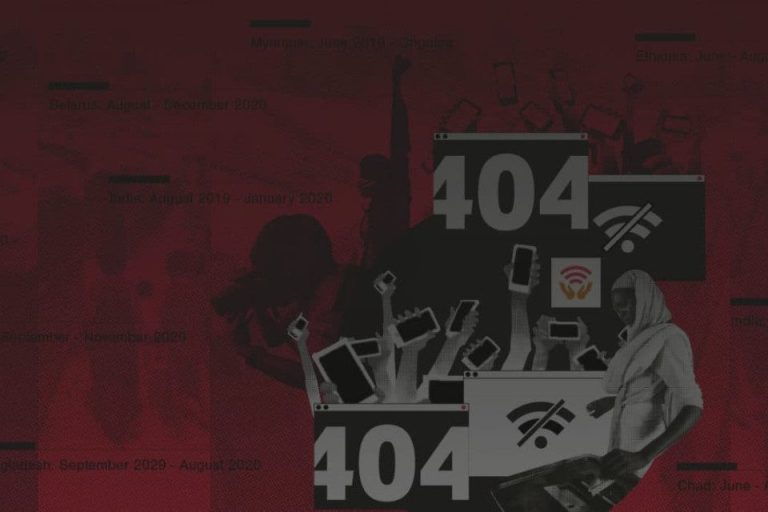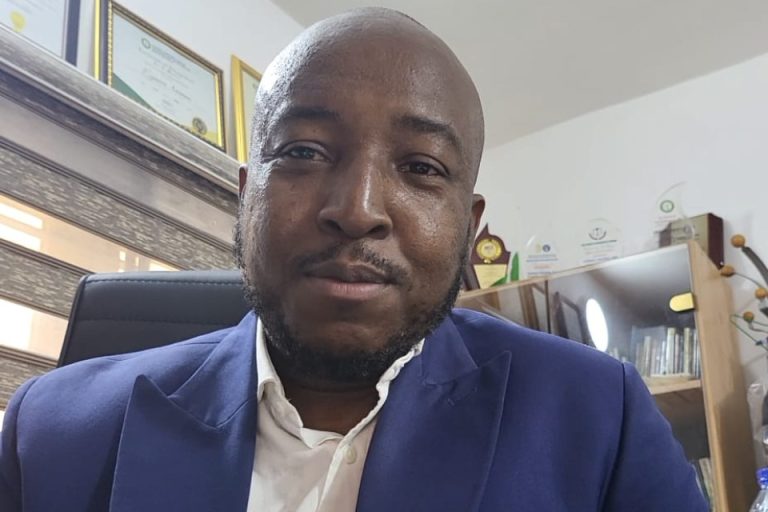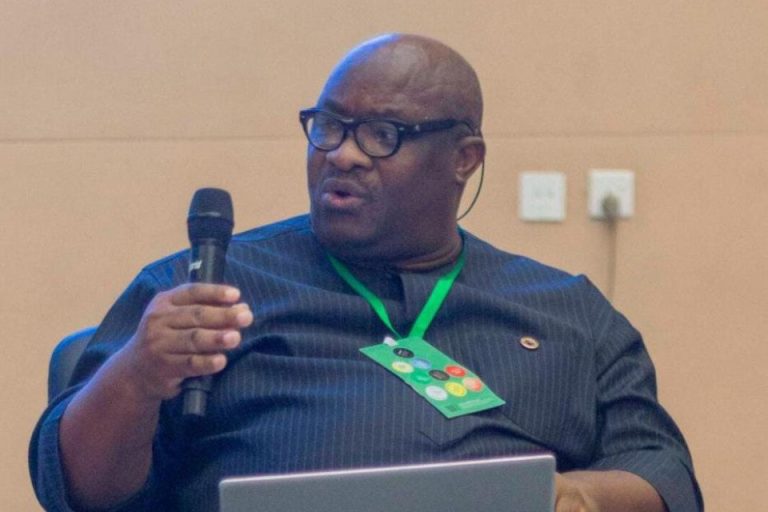Access Now, International Freedom of Expression Exchange (IFEX), and other members of the #KeepItOn coalition have jointly called on the Taliban to end the ongoing nationwide internet shutdown in Afghanistan. The coalition condemned the blanket disruptions and urged the Taliban to reconnect fibre optic, WiFi, and mobile networks across the country. They also demanded a public commitment that no further arbitrary shutdowns will occur, emphasising that access to the internet is vital for communication, freedom of expression, and access to information.
In a joint statement released on October 1, 2025, the global coalition, comprising over 345 human rights organisations from 105 countries, denounced the Taliban’s actions as a violation of fundamental human rights. They urged the de facto authorities to uphold Afghanistan’s obligations under international law and restore full internet connectivity immediately. The coalition reaffirmed its commitment to defending digital rights and ensuring that people in Afghanistan remain connected to the global community without fear of censorship or repression.
The current blackout marks a dangerous escalation of censorship by the de facto Taliban authorities. Earlier in the month, they had already shut down fibre optic connections across at least 15 provinces, including Kunduz, Badakhshan, Baghlan, and Takhar, claiming it was to “prevent immorality.” Since seizing power in 2021, the Taliban have enforced at least four similar shutdowns to restrict information flow and suppress dissent, showing a persistent disregard for freedom of expression and access to information.
Beyond restricting free speech, the Taliban’s broader campaign of digital repression includes attempts to ban smartphones, license YouTube channels, and impose financial guarantees on online creators. Senior government officials have reportedly warned that such restrictions will cripple the economy and disrupt essential services. Despite these warnings, the Taliban continue to pursue tight control over internet access, granting limited connectivity only to government offices and diplomats through a state-controlled provider, while ordinary Afghans remain disconnected.
The ongoing blackout has severe humanitarian, economic, and social consequences. Millions of Afghans rely on the internet for communication, education, business, and access to health and financial services. For women and girls barred from most educational institutions, online learning is often their only opportunity to study. The shutdown has also crippled efforts by civil society and humanitarian organisations to coordinate aid responses to recent natural disasters, including a devastating earthquake in eastern Afghanistan.
Rights groups warn that the blackout is pushing Afghanistan deeper into isolation, dragging over 40 million people into what they describe as “digital darkness.” Access Now and the #KeepItOn coalition stress that this act of censorship, disguised as a “fight against immorality,” will inflict long-term harm on the country’s economy, education, gender equality, and technological progress. They are urging the international community, including members of the Freedom Online Coalition, to condemn the Taliban’s actions and support global efforts to restore internet access and uphold the rights and dignity of the Afghan people.
The coalition reaffirmed that access to the internet is not a privilege but a fundamental right essential for freedom of expression, access to information, and participation in society. They called on the Taliban to end the deliberate digital isolation of millions of Afghans and to ensure that everyone can connect, communicate, and thrive without fear. The statement closes with a global appeal: “The people of Afghanistan must not be left in digital darkness; the world must act now.”





